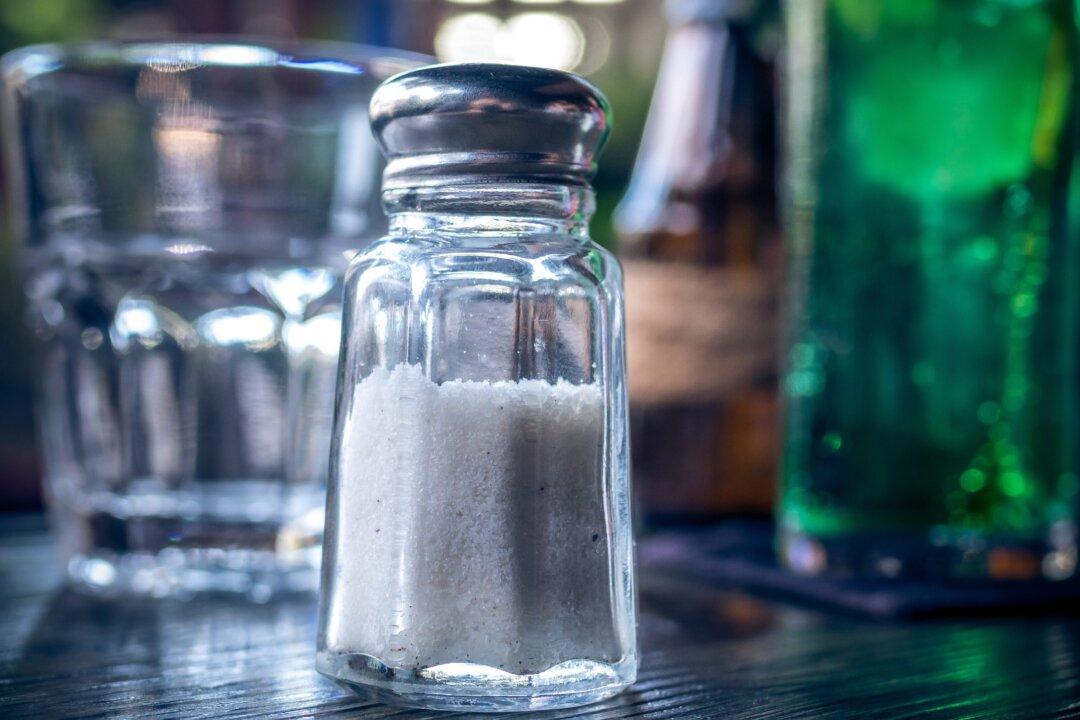Do you still believe the myth that salt is bad for your blood pressure? If you examine the evidence, you'll quickly see that your risk for hypertension and heart disease is far more dependent on your ratio of this other mineral, and not sodium. And if you eat the standard American foods, your ratio is likely to be one-tenth of what’s ideal.
STORY AT-A-GLANCE
- Evidence shows having the correct potassium to sodium balance influences your risk for hypertension and heart disease to a far greater extent than high sodium alone, and the Western diet tends to be lacking in potassium
- It’s generally recommended that you consume five times more potassium than sodium, but most Americans eat twice as much sodium as potassium
- When lowering salt in processed foods, many manufacturers added monosodium glutamate (MSG) instead — a flavor enhancer associated with obesity, headaches, thyroid, liver, kidney and intestinal damage, and much more
Moreover, when lowering salt in processed foods, many manufacturers took to adding monosodium glutamate (MSG) instead — a flavor enhancer associated with a number of health problems, including obesity, headaches, fatigue and depression. Due to its ability to overexcite neurons, MSG may even raise your risk for neurological disorders such as Alzheimer’s, Parkinson’s and Lou Gehrig’s disease (ALS).
War on Salt Is Misguided
In 2010, New York City launched the National Salt Reduction Initiative, a salt-reduction plan aimed at lowering salt in processed foods and restaurant meals by 25% in the next four years. Two years later, Dr. Sean Lucan of the Albert Einstein College of Medicine wrote an article published online in the American Journal of Public Health, saying:[1]“We cannot extrapolate that lowering sodium consumption would reduce cardiovascular risk or premature death. Despite assertions to the contrary, we do not know that reducing mean population sodium intake would decrease the risk of cardiovascular disease or save lives.”At the time, Lucan told the New York Post:[2]
“We can’t just swallow this as fact — there’s actually debate about this. My concern is that they’re focusing on a single ingredient that the food industry is going to have to replace with something — and what they replace it with might be more damaging.”Lucan also noted that the relationship between sodium and blood pressure is inconsistent and from a clinical standpoint, insubstantial. Moreover, he stressed that some studies actually show a low-salt diet can worsen cardiovascular disease and raise rather than lower the risk for early death among patients at high risk of heart disease. In addition, lowering salt intake could also decrease insulin sensitivity and have an adverse effect on blood lipids. Correctly, Lucan noted that “Refined carbohydrates are a greater enemy.”






